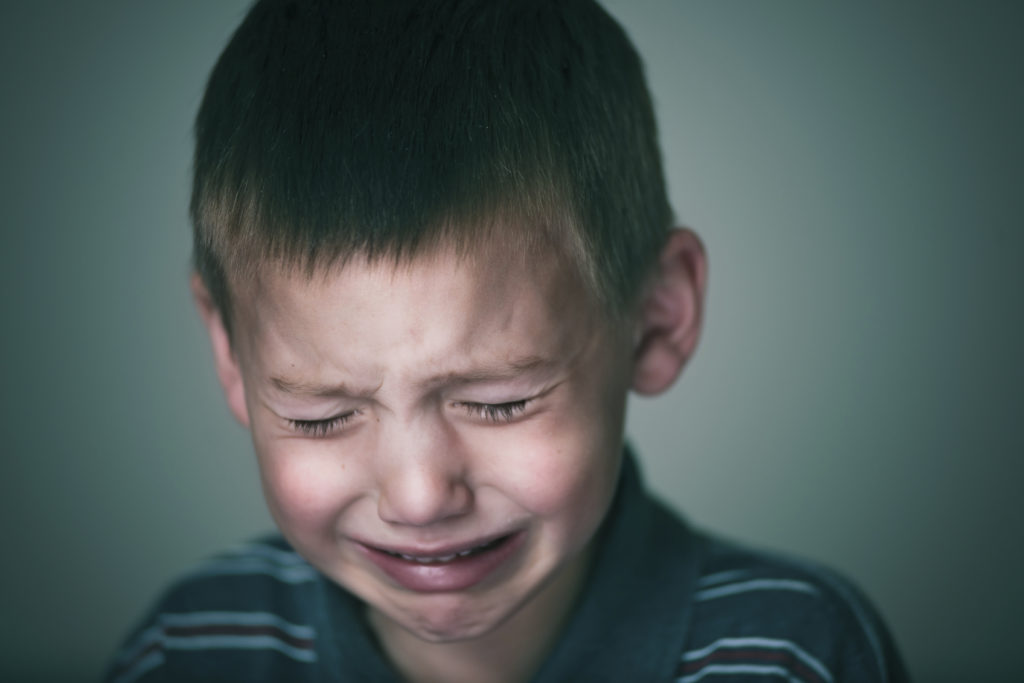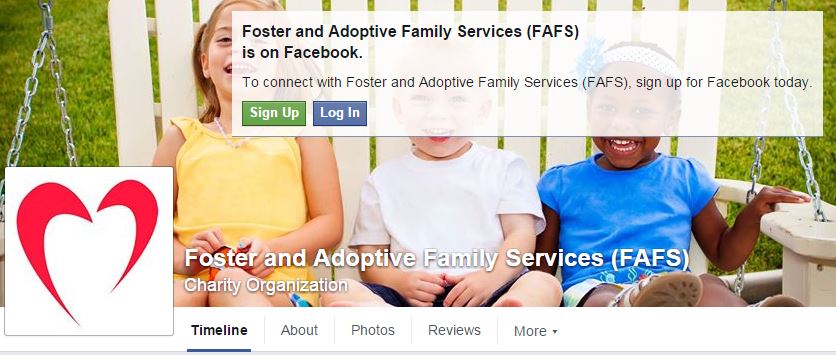Throughout the United States, many children experience trauma on a daily basis. The more than 400,000 kids in foster care who have been abused or neglected all have stories of pain. They have endured trauma that, if not addressed, will have an effect on them for the rest of their lives. Foster and Adoptive Family Services (FAFS) offers a trauma course for resource parents in NJ that equips them to help foster children after traumatic experiences.
According to the Mental Health Connection of Tarrant County in Texas, 26% of children in America experience or witness a traumatic event before the age of four.
Continue reading






